A guide to public comment: How you (yes, you!) can wield political power at local meetings
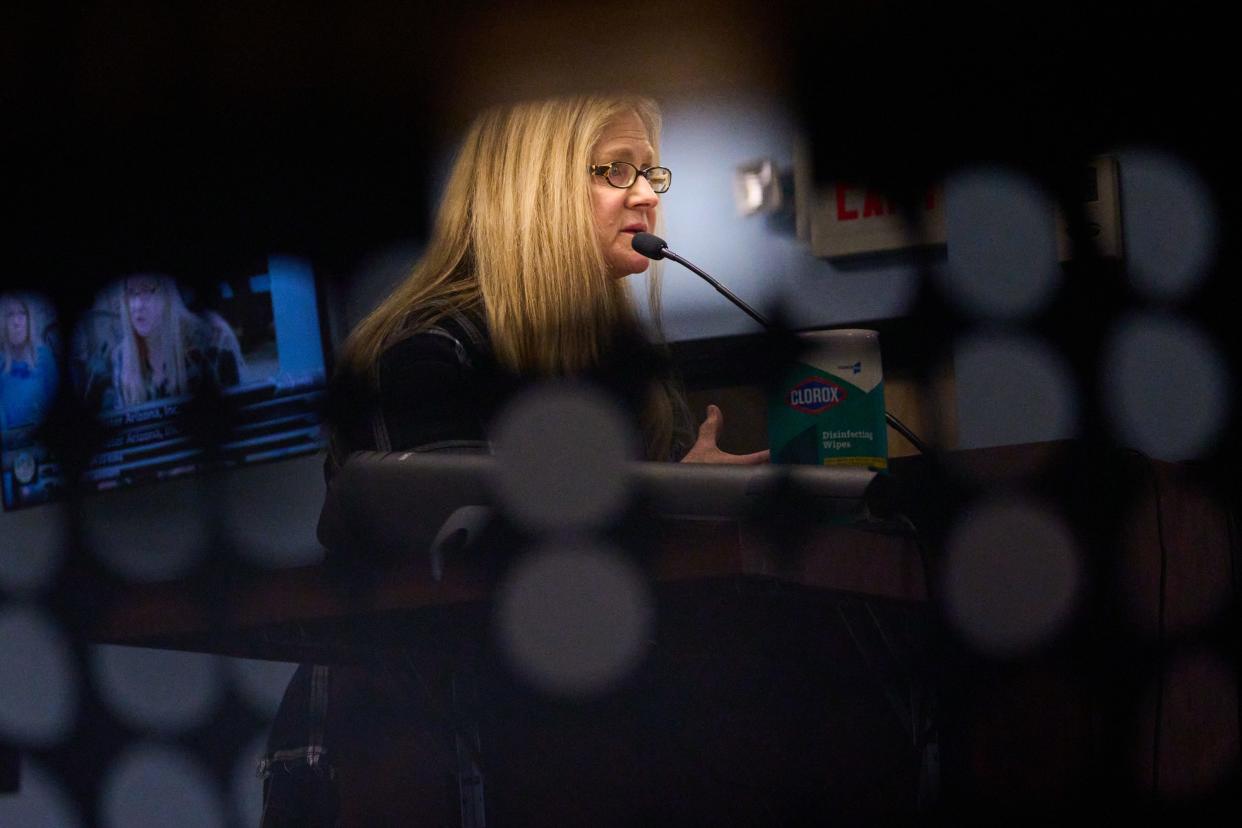
Sometimes it's loud, such as when a California man screamed that Maricopa County's supervisors were a "cancer" after the November 2022 election.
Occasionally, it's long — at one Arizona Corporation Commission meeting in January, it took five hours.
And most often, it's just a few concerned citizens showing up to voice their thoughts.
But no matter what form it takes, public comment — a time period when anybody has a right to make themselves heard in front of their elected officials — is a constant at nearly every local government meeting.
Before you step up to the podium, know this: There are rules to public comment.
Here are a few things you should know if you plan to speak.
Fill out a public speaker card
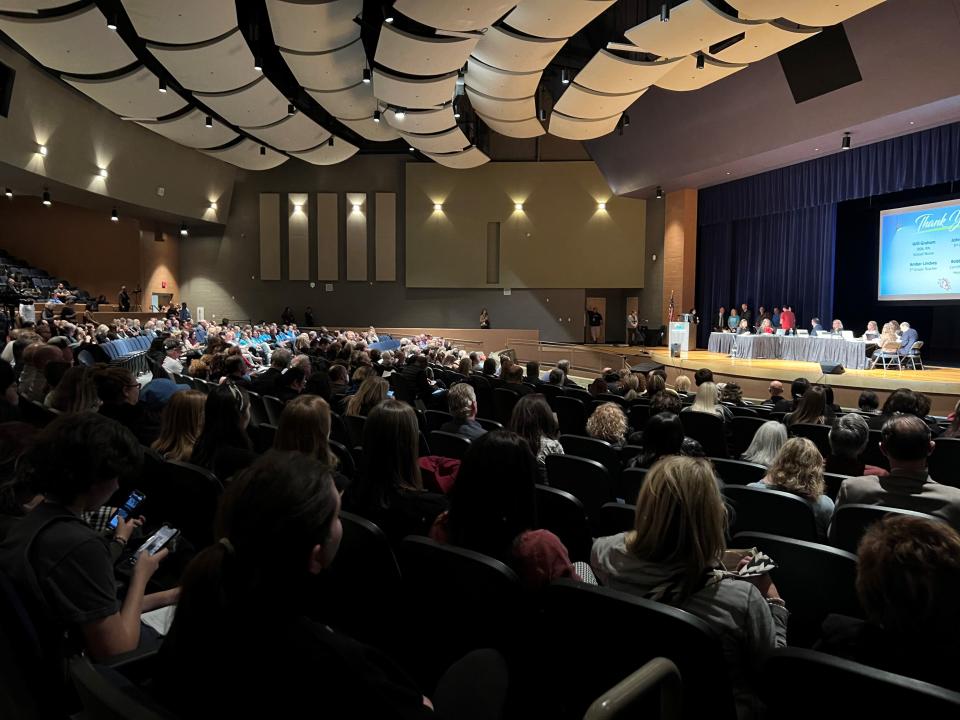
Most governmental bodies ask that speakers fill out a card before the public comment period.
These slips of paper inform officials of your intent to speak and often ask for a brief summary of what topic you plan to address. They also include your name and your contact information, if you choose to provide it. Officials use these cards to call people to the podium to talk once public comment begins.
Some governmental bodies allow you to fill out a public speaker card online. Others only provide the forms at meetings. If you're filling out a card in person, usually a staff member near the entrance to the building or room where the meeting is being held can give you the appropriate public speaker slip.
Officials can set time limits
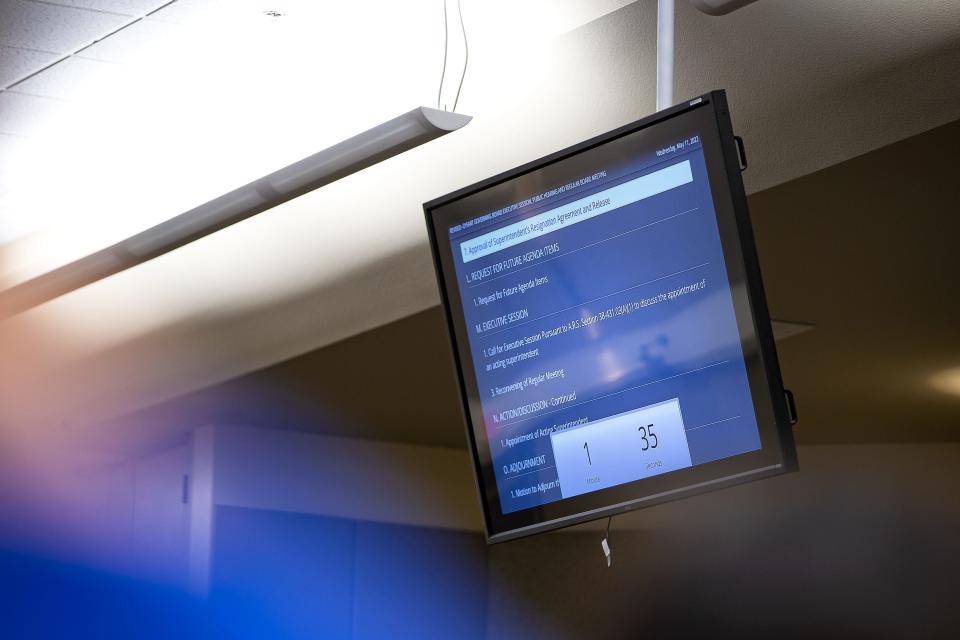
Under Arizona law, officials can set reasonable time, place and manner restrictions on speakers.
That means that governmental bodies often limit how long each speaker has to make a point.
Time restrictions vary by body. Usually, they fall somewhere between one and five minutes. If you speak out of turn or attempt to filibuster at the podium, you might be removed from the meeting.
On controversial topics, officials also may require speakers on the same side with no new comments to select a spokesperson to represent them at the podium. That ensures that both sides of an issue are heard and that the meeting moves along efficiently.
Maintaining decorum is best practice
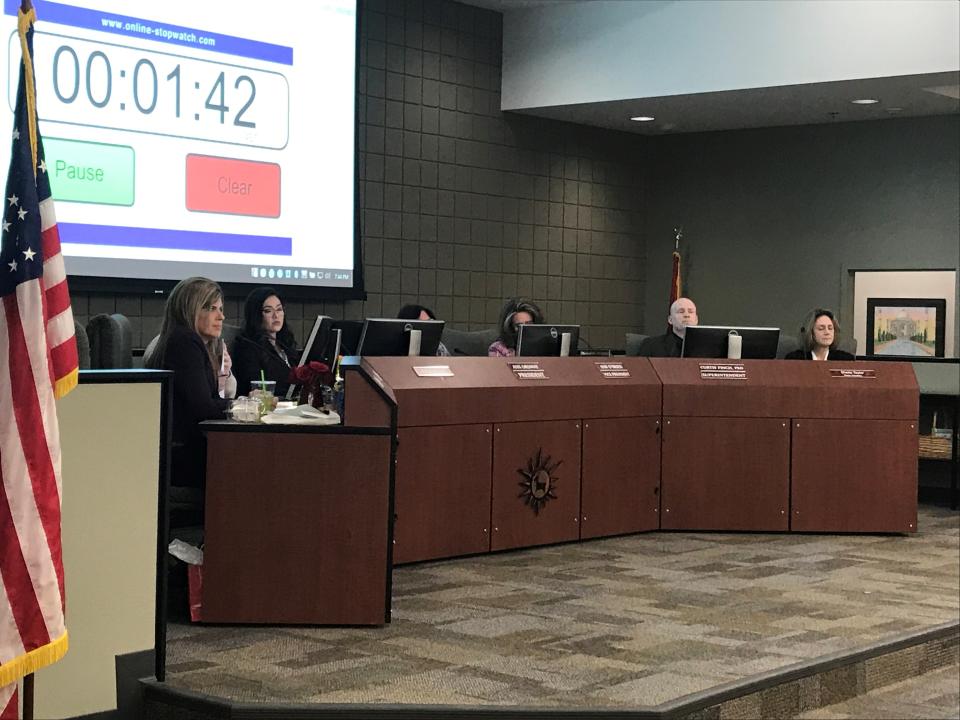
There are different types of public comment sessions.
Sometimes, comment is limited to a specific issue or agenda item. In other situations, members of the public can discuss anything during their allotted time.
But no matter what type of public comment you're giving, most governmental bodies set a few guidelines. Officials often will ask commenters to avoid yelling, swearing or using epithets. Some may ask the audience to avoid applause, jeering or other commentary as a meeting is ongoing.
They also may remove you from the meeting if you threaten anyone or attempt to incite violence.
Often, officials can't answer questions
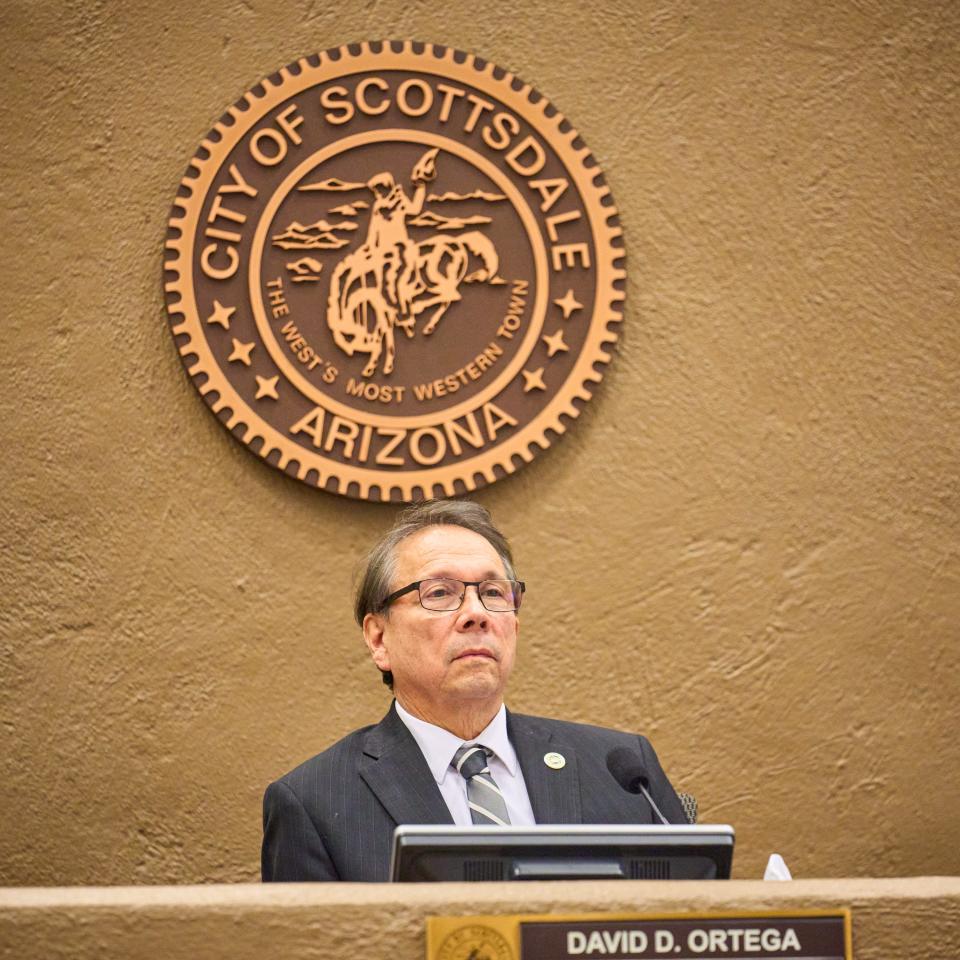
According to Arizona law, if you're speaking about a matter that isn't on the agenda for that meeting, officials aren't allowed to talk with you about your comments or answer any questions you might pose while at the podium.
And as a body, they can't immediately vote or take action on anything you might propose.
Sometimes, elected officials will ask a staff member to follow up with you using the contact information your provided on your speaker slip so that they can better understand your concerns. They may also schedule the issue for a future meeting, which allows for further discussion and possibly a vote or other action.
Sasha Hupka covers Maricopa County, Pinal County and regional issues for The Arizona Republic. She hears a lot of public comment. Do you have a tip about county government or county services? Reach her at sasha.hupka@arizonarepublic.com. Follow her on Twitter: @SashaHupka.
This article originally appeared on Arizona Republic: A guide to effective public comment at local government meetings

